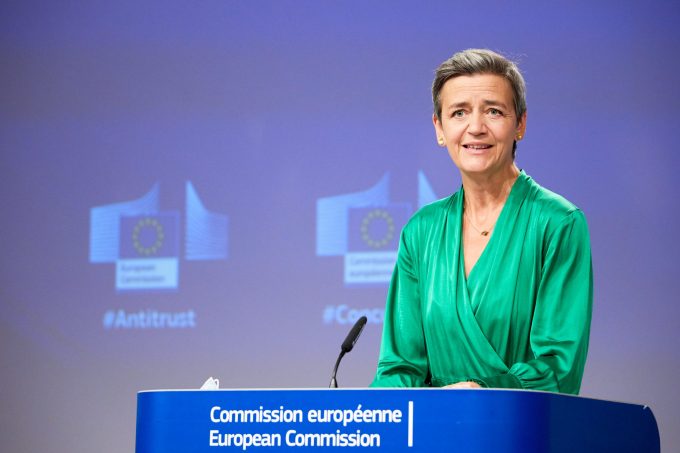Trump tariff threat and China downturn will make CNY 2025 'different'
The impact of Chinese New Year (CNY) on global supply chains “cannot be overstated”, according ...

The European Commission has called for feedback on its Consortia Block Exemption Regulation (CBER) for liner shipping, as unhappy shippers and forwarders claim there are no benefits and many disadvantages to the rule.
The commission has sent targeted questionnaires to relevant parties in the liner shipping ...

Comment on this article
Hans-Henrik Nielsen
August 10, 2022 at 6:56 pmThis will be interesting.
Be careful what you wish for